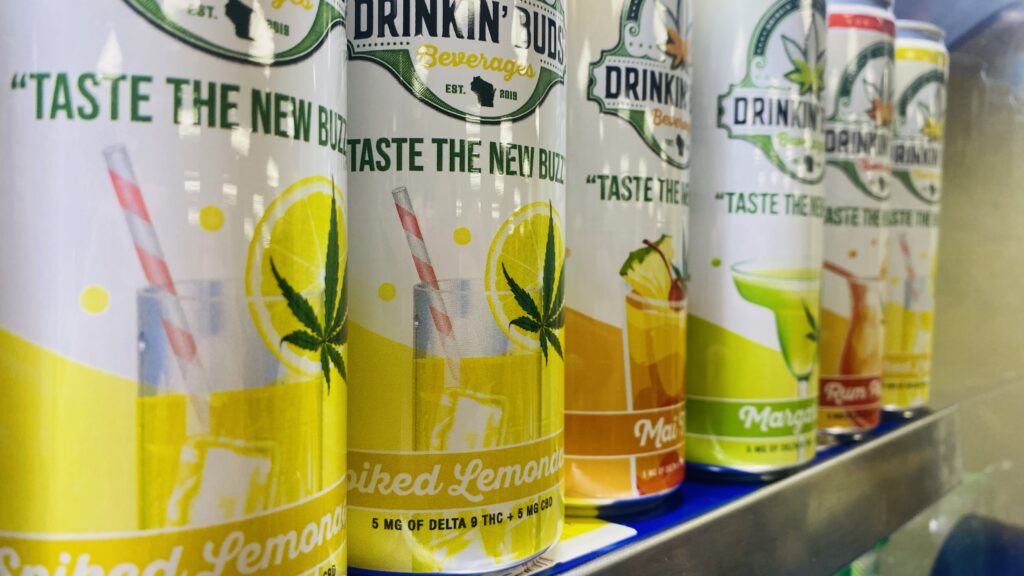[[{“value”:”
Getting your Trinity Audio player ready…
Multiple bills designed to ban certain CBD variants and regulate other hemp-infused products are working their way through the Alabama Legislature.
The Senate Fiscal Responsibility and Economic Development Committee approved SB273 by Sen. April Weaver, R-Alabaster, Wednesday that would make all psychoactive hemp-derived products classified as Schedule 1 drugs, while cannabidiol (CBD) and other non-psychoactive drugs would be relegated to pharmacies.
“I think Senate Bill 273 is a direct attack on Alabama farmers, small business and patient access to safe hemp products,” said Carmelo Parasiliti II, CEO and founder of Green Acres Organic Pharms. “These reasonable state-regulated business would suddenly be vulnerable to criminal prosecution or shut down overnight. SB273 creates uncertainty, fear and instability for businesses that have followed every rule for over six years while rewarding none of their good-faith efforts to comply with state law.”
CBD and hemp-derived product are currently legally sold in retail stores including gas stations and stores solely dedicated to selling CBD products. Some psychoactive hemp products became legal under the federal 2018 Farm Bill, which specifies a threshold of 0.3 percent for THC but does not restrict hemp-derived THC. State law prohibits such products—commonly known by their Delta-8, Delta-9 or Delta-10 markers—from being sold to minors.
SB273 would create regulation through both the Alabama State Board of Pharmacy and the Alabama Department of Agriculture and Industries. It would further require all hemp-based products sold in the state to be created from hemp cultivated in the state of Alabama.
The House is set to consider a similar but distinct bill during floor debate later today. HB445 passed through the House Health Committee Tuesday. That version of the bill would regulated products through the Alcohol Beverage Control board.
HB445 is less restrictive than SB273 in that it would allow for hemp-derived products to be sold at liquor stores and other stores restricted to minors in addition to pharmacies. All hemp-based products would be prohibited for individuals under the age of 21 and inhalable hemp products would be banned outright.
Rep. Andy Whitt, R-Harvest, emphasized his position that the products pose a danger to minors, but also discussed the bill’s restrictions on the products for adults.
“No more grass in a glass or anything of that nature at our restaurants and bars, no more slushy son Interstate 65 headed to the beach—we are here to shut that down,” Whitt said.
The bill would also limit consumables to 5 mg of hemp-derived THC, where product on shelves today can include as much as 150 mg.
Public comment on the bill last week was mixed, with speakers on both sides acknowledging support for regulation to keep products out of the hands of minors.
“We oppose rushed legislation that fails to consider its full impact,” said Molly Cole of the Alabama Hemp and Vape Association. “This session alone we have seen at least seven hemp-related bill introduced, which tells us this is a complex issue; yet instead of a coordinated approach, we are seeing reactionary proposals that could devastate businesses and eliminate over 10,000 jobs in Alabama.”
Opposition to the bill, largely voiced by those in the industry, signaled openness to hemp products being regulated in the same manner as tobacco or alcohol but balked at the far-ranging limitations of HB445.
“}]] CBD and hemp-derived product are currently legally sold in retail stores including gas stations and stores. Read More


